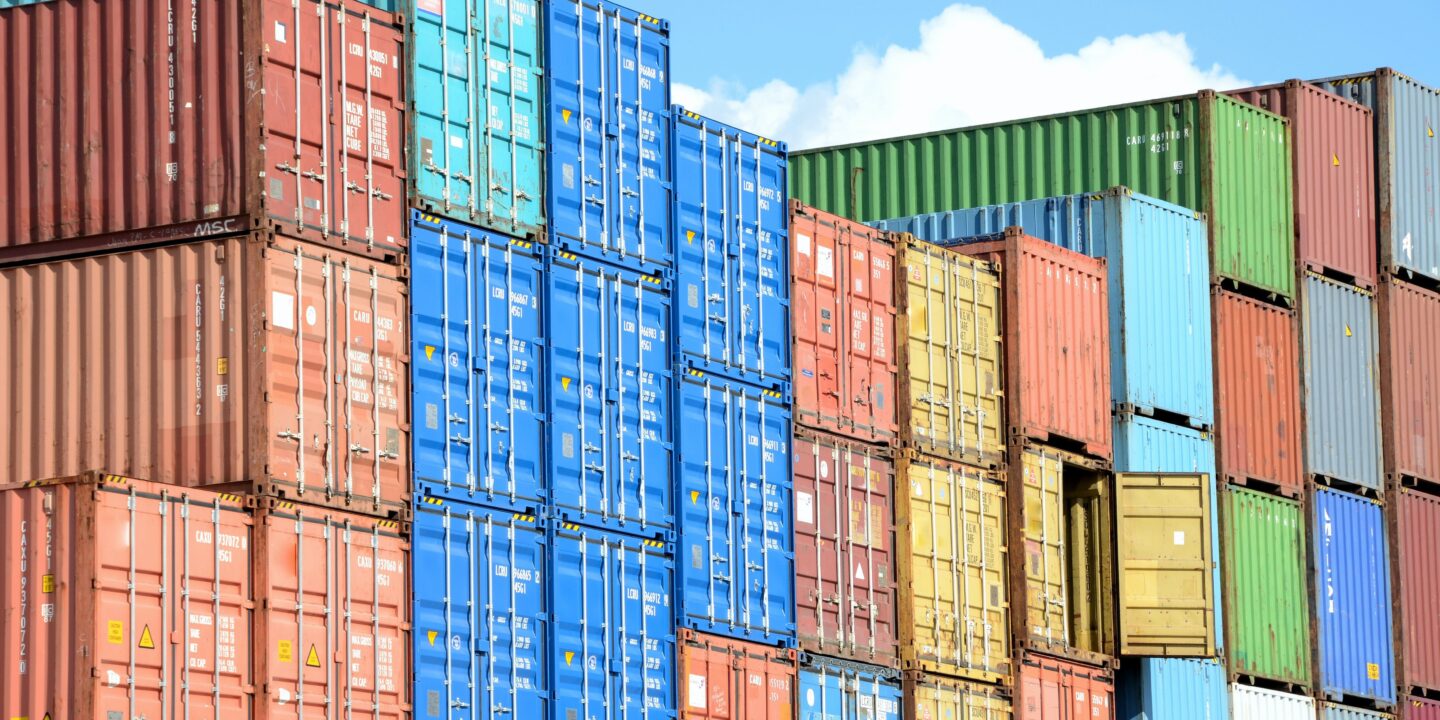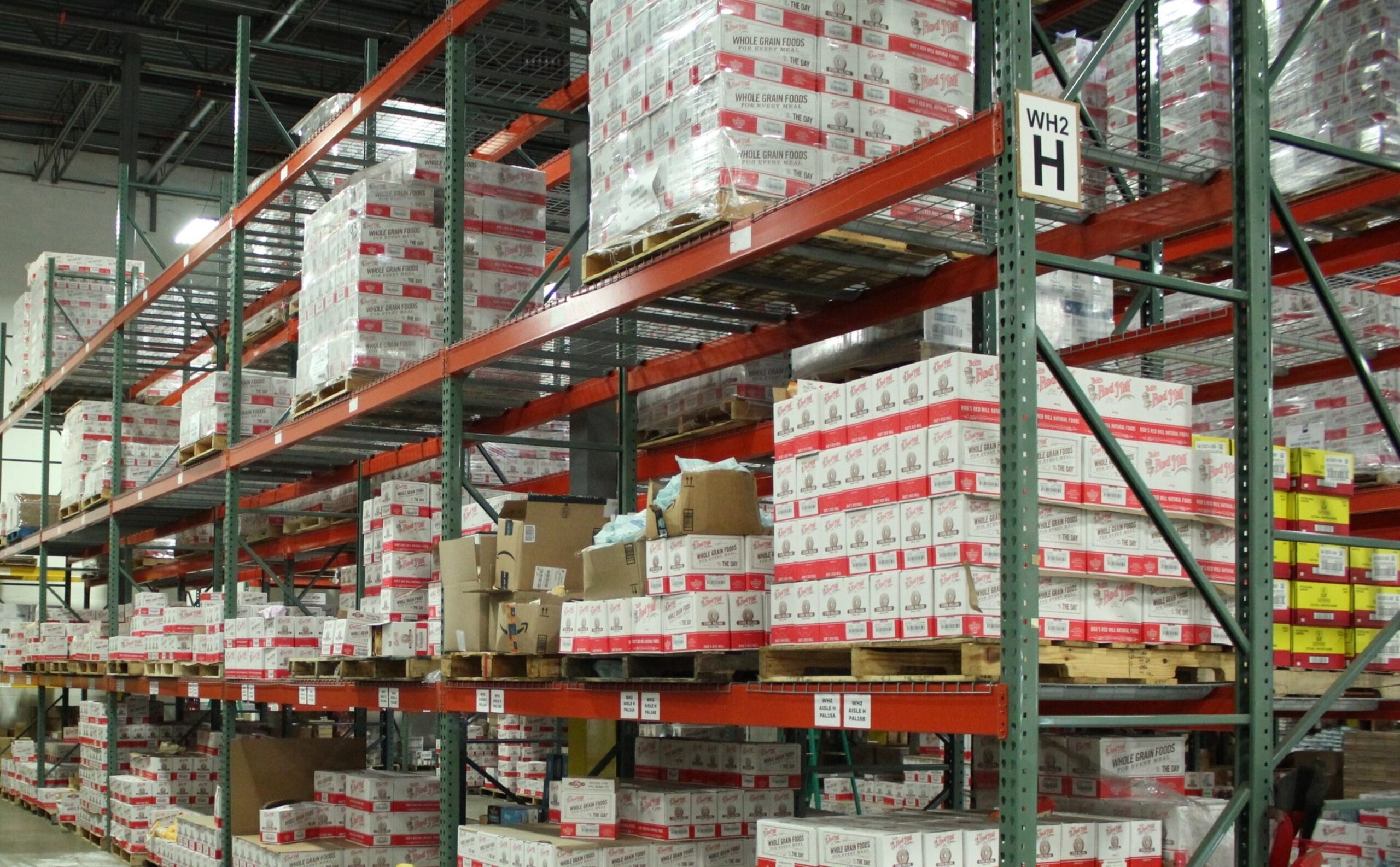Contents

Demurrage fees are common, but they’re often unexpected. Demurrage happens when cargo isn’t loaded or unloaded within an agreed-upon time frame, resulting in additional fees charged to the shipper or consignee. These fees can add up quickly and have a significant impact on the cost of shipping goods.
To put it in perspective as detailed by Supply Chain Dive, “the average detention and demurrage charge more than doubled from 2020, increasing 104%. This translates to an increase of more than $666 per container.”
In this article, we will talk about what demurrage is and how to avoid it.
What is Demurrage?
Demurrage is a fee charged by carriers or terminals for the use of their equipment or facilities beyond the agreed-upon time frame. It is typically charged by the day or hour, and the rates can vary depending on the mode of transportation and the location of the terminal. Demurrage fees are meant to incentivize shippers and consignees to keep cargo moving and prevent delays in the transportation process.
How are Demurrage Fees Calculated?
The calculation of demurrage fees can vary depending on the specific terms of the contract between the carrier and the shipper. However, in general, demurrage fees are calculated by multiplying the number of days or hours that cargo remains on the carrier’s equipment or terminal by the daily or hourly demurrage rate.
Common causes of demurrage fees include delayed paperwork, inefficient cargo handling, unexpected customs issues, and inaccurate forecasting of cargo volume. These issues can cause delays in the transportation process and result in extra charges for shippers or consignees.
How to Avoid Demurrage Fees
Avoiding demurrage fees requires careful planning and efficient cargo handling. Here are some tips for avoiding demurrage fees:
- Plan ahead: Shippers and consignees should be aware of the time frame for loading and unloading cargo and plan accordingly. It is important to have all necessary paperwork and documentation ready in advance to avoid delays.
- Use efficient cargo handling practices: Cargo should be properly labeled and packaged to ensure efficient handling. Loading and unloading should be done as quickly and safely as possible to avoid delays.
- Communicate with carriers and terminals: Shippers and consignees should maintain open lines of communication with carriers and terminals to ensure that everyone is aware of the expected arrival and departure times. This can help to prevent unexpected delays and demurrage fees.
Demurrage Fees in Different Modes of Transportation
Demurrage fees can vary depending on the mode of transportation used. Here are some examples of how demurrage fees are charged in different modes of transportation:
- Ocean freight: Demurrage fees in ocean freight are typically charged per day or per hour, depending on the terms of the contract. The fees can be significant, especially if the cargo is delayed for an extended period of time.
- Air freight: Demurrage fees in air freight are generally less common than in other modes of transportation. However, if cargo is delayed in the warehouse or on the tarmac, demurrage fees may be charged.
- Rail and intermodal transportation: Demurrage fees in rail and intermodal transportation are typically charged per day or per hour, similar to ocean freight. The fees can be significant if cargo is delayed for an extended period of time.
It is important to note that the specific terms and conditions of the contract between the carrier and the shipper will determine the demurrage fees charged.
Demurrage Fees and the Supply Chain
The impact of demurrage fees on the supply chain can be significant. Not only do they increase costs, but they also disrupt the flow of goods, which can result in delayed deliveries and dissatisfied customers. To mitigate the impact of demurrage fees on the supply chain, there are several strategies that shippers and logistics providers can employ.
Firstly, it is important to communicate effectively with all parties involved in the supply chain. This includes carriers, shippers, consignees, and other stakeholders. By sharing information about schedules, shipment status, and potential delays, everyone can work together to ensure that cargo is moving efficiently.
Another strategy is to employ efficient cargo-handling practices. This includes optimizing loading and unloading times, as well as minimizing the time that cargo spends in transit. By improving cargo handling practices, shippers can reduce the risk of delays and avoid incurring demurrage fees.
Finally, it is important to have contingency plans in place in case of unexpected events. This can include having backup carriers, alternative routes, or additional storage facilities available in case of delays or other issues. Businesses like CDL 1000 can act as an “Emergency broker for demurrage” can help solve these critical challenges, too.




